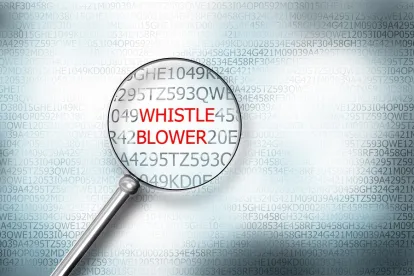In a petition for a writ of mandamus filed on April 29, 2019 with the U.S. Court of Appeals for the D.C. Circuit, an unidentified whistleblower who claims to have tipped the SEC to alleged violations of the Foreign Corrupt Practices Act (“FCPA”) by Teva Pharmaceuticals more than eight years ago asked the court to compel the SEC to preliminarily determine within 60 days if he is eligible for compensation under the SEC’s whistleblower program and issue a final order within six months. In re: John Doe, No. 19-1095 (D.C. Cir.).
According to the petition, the purported tipster submitted a detailed, 42-page tip regarding Teva’s alleged violations of the FCPA in May 2011 that resulted in the prosecution by the SEC and DOJ of successful enforcement actions regarding that same conduct and the recovery of $519 million from Teva. The petitioner maintains that he submitted a timely claim for an award in April 2017 and the SEC’s more than two-year delay in issuing a determination is unreasonable, as adjudicating his claim is a “simple task” that requires little more than a conversation between SEC claim reviewers and investigative staff and a review of a “confined record entirely within the agency’s knowledge.”
On July 11, 2019, the SEC filed its opposition to the petition. In its response, the SEC said that the petitioner “greatly misapprehends the work, effort, and time involved in reviewing whistleblower claims, including his.” It noted that contrary to the petitioner’s suggestion that he was the only claimant for a whistleblower award relating to the Teva matter, there were actually a total of six claimants whose claims must be assessed to determine their absolute and relative entitlements, if any, to an award. The agency argued that review of the claims was a complex and time-consuming task that had to be balanced against the SEC’s need to devote resources to its other critical responsibilities.
Although the purported whistleblower in this matter is unhappy about the delay, the SEC’s whistleblower program has been very active and has continued to expand. As we previously reported, the SEC received a record number of tips in FY 2018 (5,200) and awarded more money to whistleblowers in FY 2018 (more than $168 million) than in all of the program’s prior years combined, though this money was distributed among only 13 individuals and the percentage of awards to tips remains extremely low.
We will be monitoring this case and will report on future developments.






 />i
/>i

